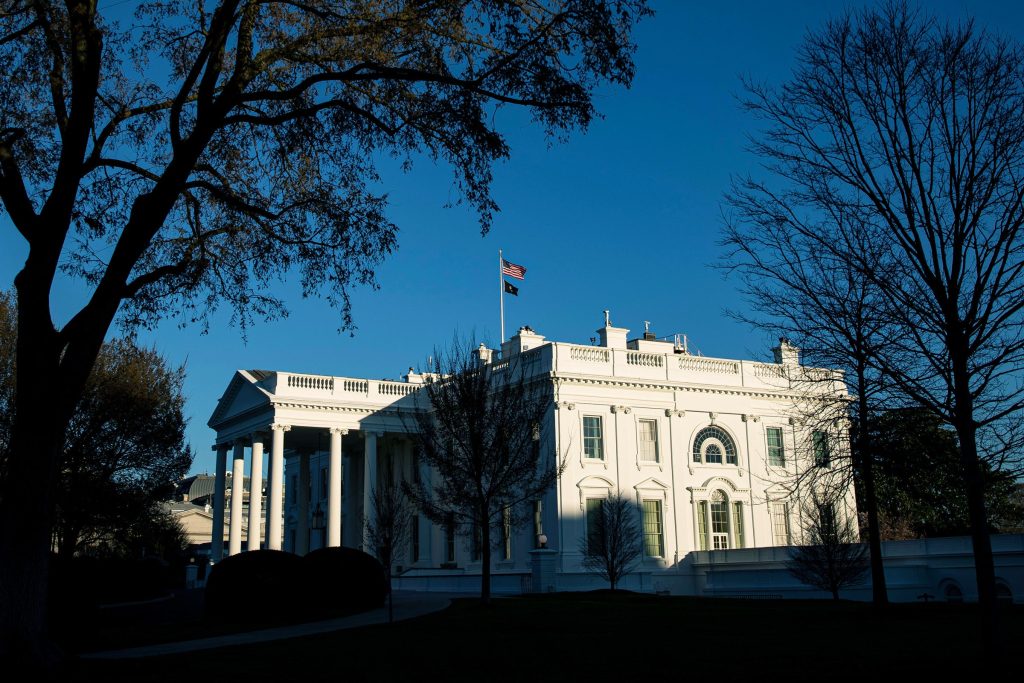White House vs. Reproductive Rights: The Section 702 Surveillance Battle
1 min readSection 702 Surveillance Fight Pits the White House Opposite Reproductive Rights
Recently, there has been a growing debate surrounding Section 702 of the Foreign Intelligence...

Section 702 Surveillance Fight Pits the White House Opposite Reproductive Rights
Recently, there has been a growing debate surrounding Section 702 of the Foreign Intelligence Surveillance Act (FISA) and its impact on reproductive rights. This controversial provision allows the government to collect information on communications between foreign targets without obtaining a warrant.
The White House has defended Section 702 as a crucial tool in national security efforts, arguing that it is necessary for monitoring potential terrorist threats. However, opponents argue that the provision infringes on individual privacy rights, including those related to reproductive health.
Reproductive rights advocates argue that the broad surveillance powers granted under Section 702 could be used to target individuals seeking reproductive health services, such as abortion providers and their patients. This could have a chilling effect on access to these services and violate individuals’ rights to privacy and autonomy over their own bodies.
The debate has intensified as lawmakers consider reauthorizing Section 702, which is set to expire soon. Advocates for reproductive rights are urging Congress to amend the provision to include stronger privacy protections and safeguards against potential abuses.






